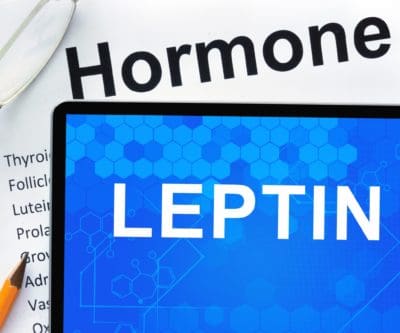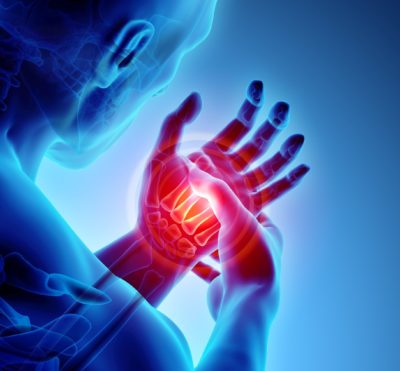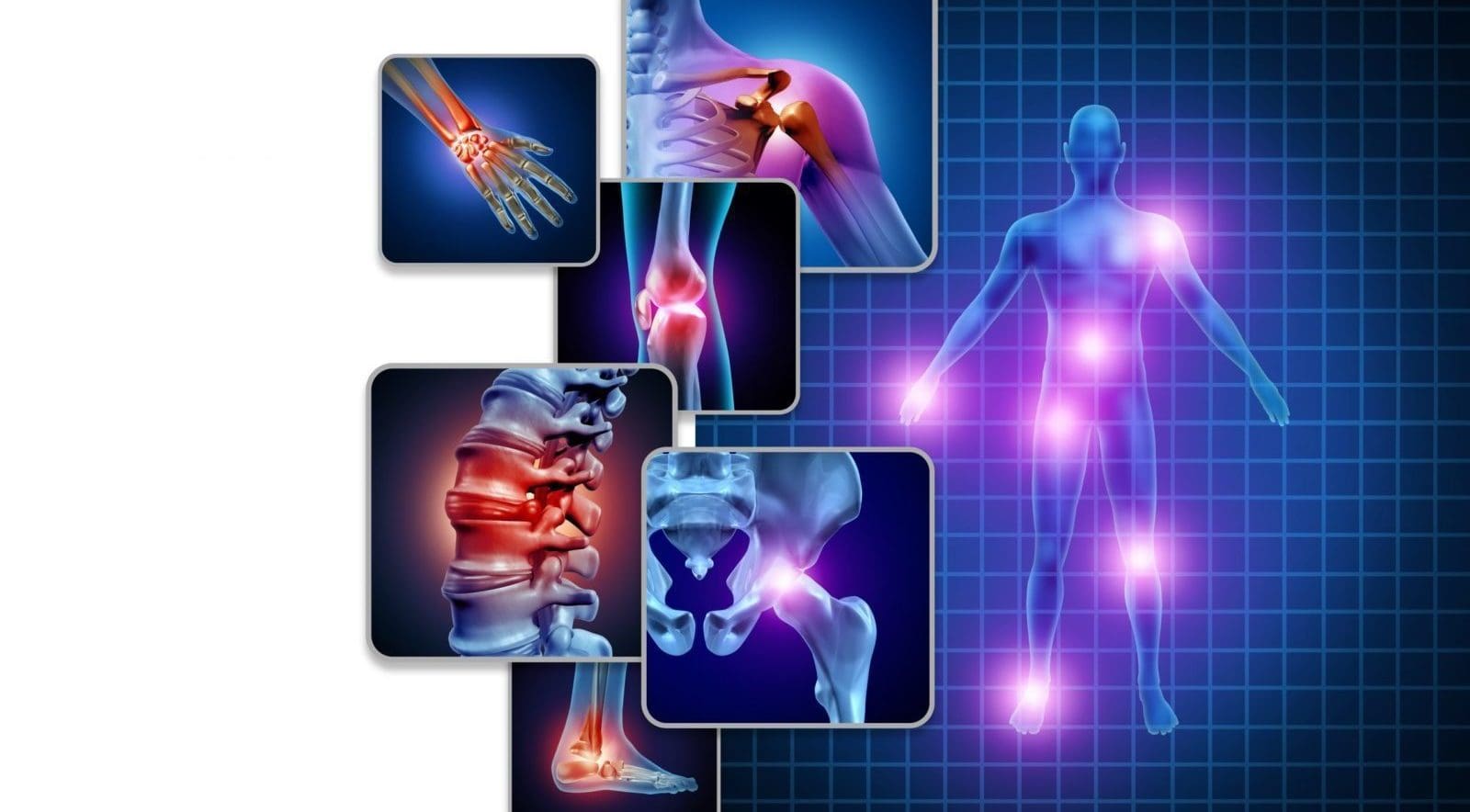Could this hormone be causing your arthritis?
By naturopath Margaret Jasinska
Osteoarthritis is a degenerative joint disease that results in a loss of cartilage. This causes friction to occur in the bones, which causes pain and swelling. A lot of people think osteoarthritis is caused by wear and tear; from activities when they were younger, using stairs frequently, etc. Other people attribute it to excess pressure placed on the joints by being overweight. These factors play a role, but there are other causes you should be aware of.
Nearly half of all Australians experience osteoarthritis at some stage, and it affects two thirds of obese adults. It becomes more prevalent with advancing age. It’s one of the most common reasons people take anti-inflammatory medication, which can have undesirable side effects if over used. These medications cause leaky gut and can contribute to the development of immune system problems.
Osteoarthritis is most common in knees and it’s the leading cause of knee joint replacement surgery. It is also common in the hips, and eventually many people develop it in their hands. Being overweight raises the risk because fat cells produce inflammatory chemicals that attack the joints and cause progressive wear and tear. Having a fatty liver also raises the risk, because the liver produces enzymes called matrix metalloproteinases, which travel around the bloodstream, eating up your cartilage. Having elevated blood sugar can harm your cartilage, tendons and ligaments because sugar causes damage to proteins in the body (called glycation).


The appetite hormone leptin can cause osteoarthritis
Leptin is a hormone that your fat cells make. It travels to your brain and tells it you’ve had enough to eat, there is enough fat on your body and you don’t need to eat anymore. If your leptin is working well, you find it easy to maintain your weight. You eat enough to satisfy your appetite and you’re not interested in over-eating. Unfortunately, leptin resistance is extremely common. If your fat cells have been pumping out high levels of leptin for some time, your brain stops responding to it. That can give you feelings of intense hunger and cravings that are never satisfied. What causes leptin resistance? The biggest factors are consuming excess sugar (particularly fructose) and having high blood triglycerides. Both of those factors are usually present in people with insulin resistance. The eating plan in Dr Cabot’s book called I Can’t Lose Weight and I don’t know Why helps to address both of these problems.


Excess leptin can raise inflammation in your body
Leptin is more than just a hormone that regulates weight, appetite and metabolism. It is also a hormone involved in inflammation and autoimmunity. It increases secretion of inflammatory chemicals including cytokines like TNF-α, IL-6 and IL-12. Leptin raises nitric oxide in joint cartilage. Normally nitric oxide is a good thing, but inside joints it can cause death of cartilage cells. Leptin increases the recruitment of immune cells to inflamed joints, where they can cause autoimmune attack. People with rheumatoid arthritis can experience more aggressive disease if they also have raised leptin levels. Elevated leptin prevents the activation and proliferation of T regulatory cells, which are supposed to keep your immune system in check and prevent it from attacking yourself.
In summary, more leptin can mean more severe arthritis, with longer flares and impaired immune system health. You can ask your doctor for a leptin blood test. We see elevated levels in many of our patients, including non overweight people.
The easiest way to get your leptin level into the normal range and help your joints is to improve your liver health and follow a low carbohydrate diet. The book Fatty Liver You Can Reverse It will give you the eating plan you need. Regular exercise helps with weight control; it improves circulation to the joints and improves joint lubrication and mobility. Some foods can adversely affect the joints. Sugar, gluten and dairy products may raise inflammation in some people and promote joint pain.
Natural Pain Manager capsules may help reduce mild joint aches and pains.
Reference:
https://pubmed.ncbi.nlm.nih.gov/29620639/









Leave A Comment